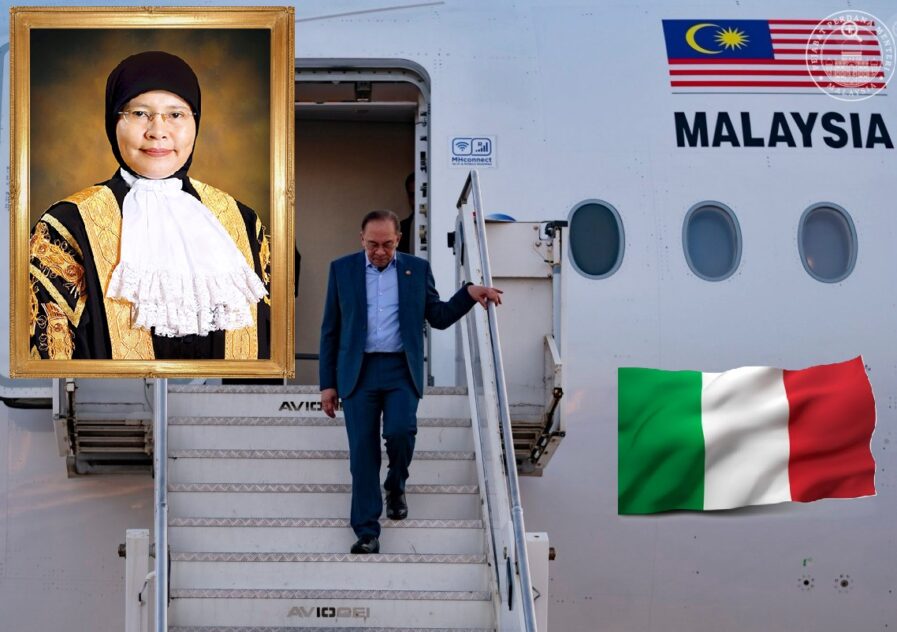THE travel and hospitality industry is expected to go through a massive paradigm shift in the business landscape due to the continuing global pandemic.
Based on insights from Plaza Premium Group, certain trends were forecasted to take shape as the world becomes more accustomed to the ‘new norm’ and the different ways of doing things.
“We have drawn up these trends based on insights identified through market research, business observations and forecasting. Based on these trends, we are redesigning the travel experience,” explained Plaza Premium Group director of brand & production transformation Mei Mei Song.
Agility form the shop-floor to the HQ
According to the market research, air travel might still not return to the 2019 level until 2023 to 2025.
With such fluctuations, airport and industry players are advised to revisit business continuity plans, introduce sustainable business models, and be prepared to pause and re-model not just their frontline operations, but the entire business structure.
Data centricity will be key to being agile, and business actions from day-to-day operations to customer engagement will need to be driven by both local and global market data and insights.
Mindsets will need to be adjusted to ensure employees are ready to react and deploy when required, and this will be an organisational culture shift for many businesses.
Brands collaborating to present the unexpected
Collaboration has become more essential than ever in ensuring airport hospitality industry survival.
Creative ways of co-created airport experiences and business remodelling can be expected through strategic partnerships between travel service operations, airlines, alliances, corporates, retailers and other partners.
To thrive through such unprecedented times, instead of rivalling, industry players tend to be more open to join forces to consolidate expertise, resources and diversify revenue streams.
Travel brands should also look to collaborate with brands outside of the industry, to present new unique experiences that will be unexpected to consumers whilst also creating benefits.
Humanising digital experiences
Digitalisation in every aspect and every industry in general has accelerated during the COVID-19 pandemic, and airports are no different.
Beyond providing convenience, the new normal of digitalisation now equals to contactless alternatives that help encourage safe, secure and hygienic travel.
The next challenge facing the travel industry is about humanising the digital experience, and to practice social distancing.
Combining customer engagement strategies with digital transformation is key to making consumers feel cared for, respected and prioritised in the same way a human connection creates.
“Portable” engagement and loyalty programmes that can provide data-backed personalised communications will become more popular in the new age of travelling.
Ensuring customer satisfaction every step of the way
Since the airport journey has now become unfamiliar, travellers are more anxious about moving through airports due to health concerns and the increasing complexity of preflight arrangements.
Navigated airport experiences such as chauffeurs, meet and greet, travel concierge, lounge and transit hotels are expected to become an essential part of travel.
Airport lounges will not be exclusive to business travellers
Airport lounges will carry more importance than ever before as people, regardless of class of travel, will seek them out for privacy, security and peace of mind.
In addition to lounges, more business and leisure travellers will consider using meet and assist services.

Flexible travel arrangements
Purchase flexibility will help revive consumer confidence. According to the Plaza Premium Group’s consumer survey conducted in late 2020, people will adopt smaller booking windows, and look to book their travel within zero to eight weeks of departure.
Travellers will seek airline tickets that can be cancelled and changed quickly and affordably, and this will soon become industry best practice.
Responsible travel companies will need to adopt a customer-centric booking change policy, supported by timely customer services and reservation procedures.
Domestic to regional to international
There will be a gradual return to travel domestically, regionally, and internationally, starting with essential travel, followed by business travel, followed by leisure travel.
Looking at China as an example, domestic travel in the market is reaching near to pre-COVID-19 figures, the usage of airport lounges and airport hotels over the past months has increased steadily to levels in 2019 achieved through domestic travel only.
It is likely that other markets will follow this pattern of domestic travel as they open up more.
Mei Mei adds: “Domestic travel will play an essential role in travel market recovery, and we will see people adapt to alternative modes of transport for domestic journeys, especially via land.”
According to the survey, it is expected that regional travel will take off with business travellers initially, who are frequent flyers. And leisure travellers will also consider regional destinations with the introduction of more travel corridors once they have received the vaccination.
Bringing excitement and energy back to travel
The travel experience has been undeniably stressful over the past year, and until the pandemic is under control around the world, the decision to travel, organisation of travel, and the experience will continue to be complex.
To help alleviate stress and put the enjoyment and excitement back into travel, airport hospitality brands will need to introduce new customer engagement concepts and activations. – May 29, 2021









